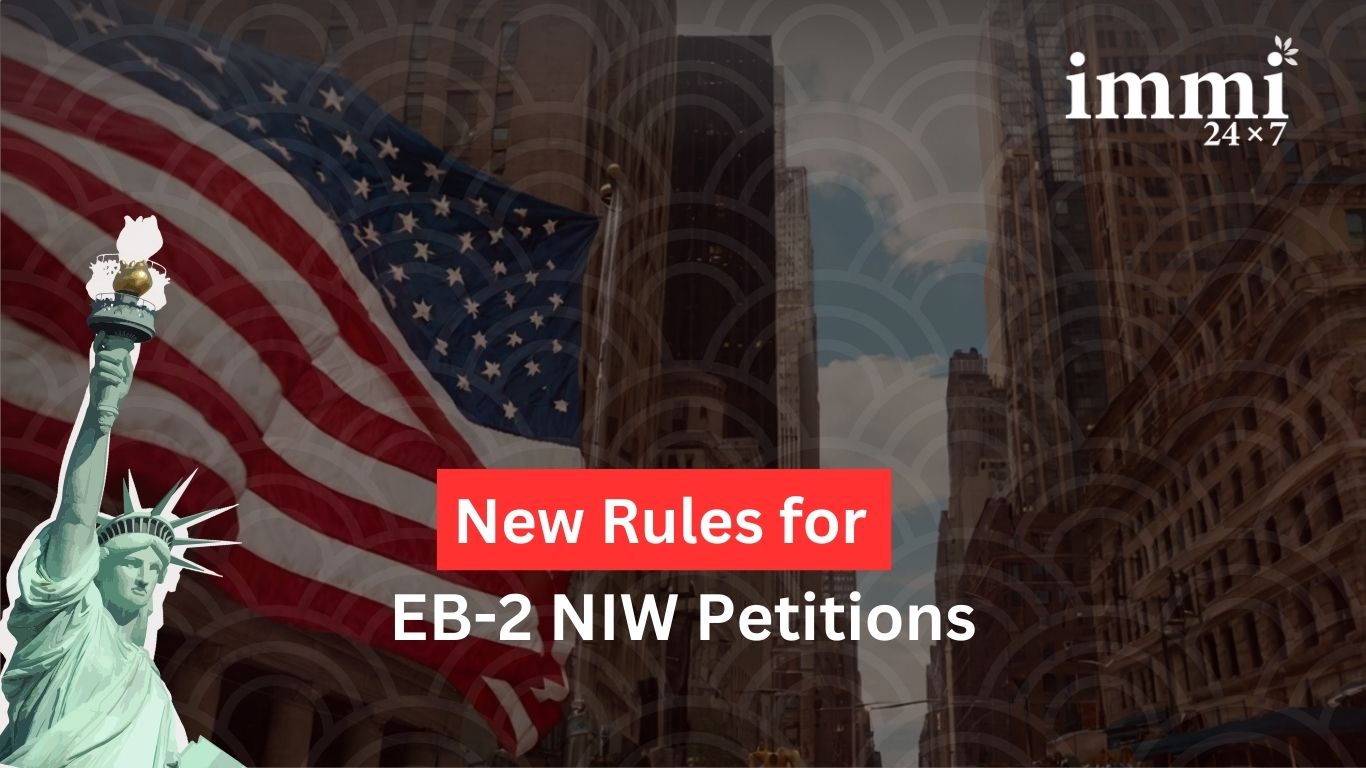
In a significant move to streamline and clarify the immigration process, the U.S. Citizenship and Immigration Services (USCIS) has updated its policy guidance for the EB-2 National Interest Waiver (NIW) petitions. This change is designed to provide clearer criteria for individuals looking to immigrate to the U.S. under the EB-2 second preference employment-based category, which allows certain skilled workers to bypass the usual labor certification requirement if they can demonstrate that their work benefits the national interest of the United States.
Typically, an employer files an EB-2 petition using Form I-140, Immigrant Petition for Alien Workers, after securing labor certification from the Department of Labor. However, USCIS can waive this requirement if the applicant’s contributions to the U.S. are deemed to have significant national importance. This is where the National Interest Waiver (NIW) comes into play, allowing individuals to petition for themselves if they can prove their work advances U.S. interests.
The newly updated guidance brings much-needed clarity, particularly for individuals applying for the NIW in professions that require an advanced degree or exceptional ability. The USCIS now specifies how it evaluates both categories:
Additionally, the updated policy provides more details on how USCIS will evaluate whether a proposed endeavor is of national importance. It outlines the types of evidence that can support an application, such as letters of recommendation, business plans, and other documents that show how the applicant is well-positioned to make a significant impact in their field.
This new guidance also builds upon prior updates that highlighted the importance of advanced degrees in Science, Technology, Engineering, and Math (STEM) fields, as well as the contributions of entrepreneurs. By offering clearer and more inclusive criteria, the USCIS is opening the door for even more talented individuals to immigrate to the U.S. and contribute to its economic growth and innovation.
The updated policy takes effect immediately, applying to all pending and new petitions. With these changes, individuals who meet the high standards of the EB-2 classification now have a better pathway to immigrate to the U.S., contributing their skills, talents, and expertise to a country that thrives on diversity and innovation.
As a news editor, I believe these updates are a significant and positive step for the U.S. immigration system. By making the process more transparent and accessible, the USCIS is helping to attract some of the brightest minds from around the world, especially those in fields that are crucial to the U.S. economy. These changes not only streamline the path to immigration for qualified individuals but also enhance the U.S.'s position as a global leader in innovation, research, and entrepreneurship. This is a clear win for both skilled immigrants and the U.S. economy, as it opens doors to talent that can fuel progress and growth for years to come.
Comments